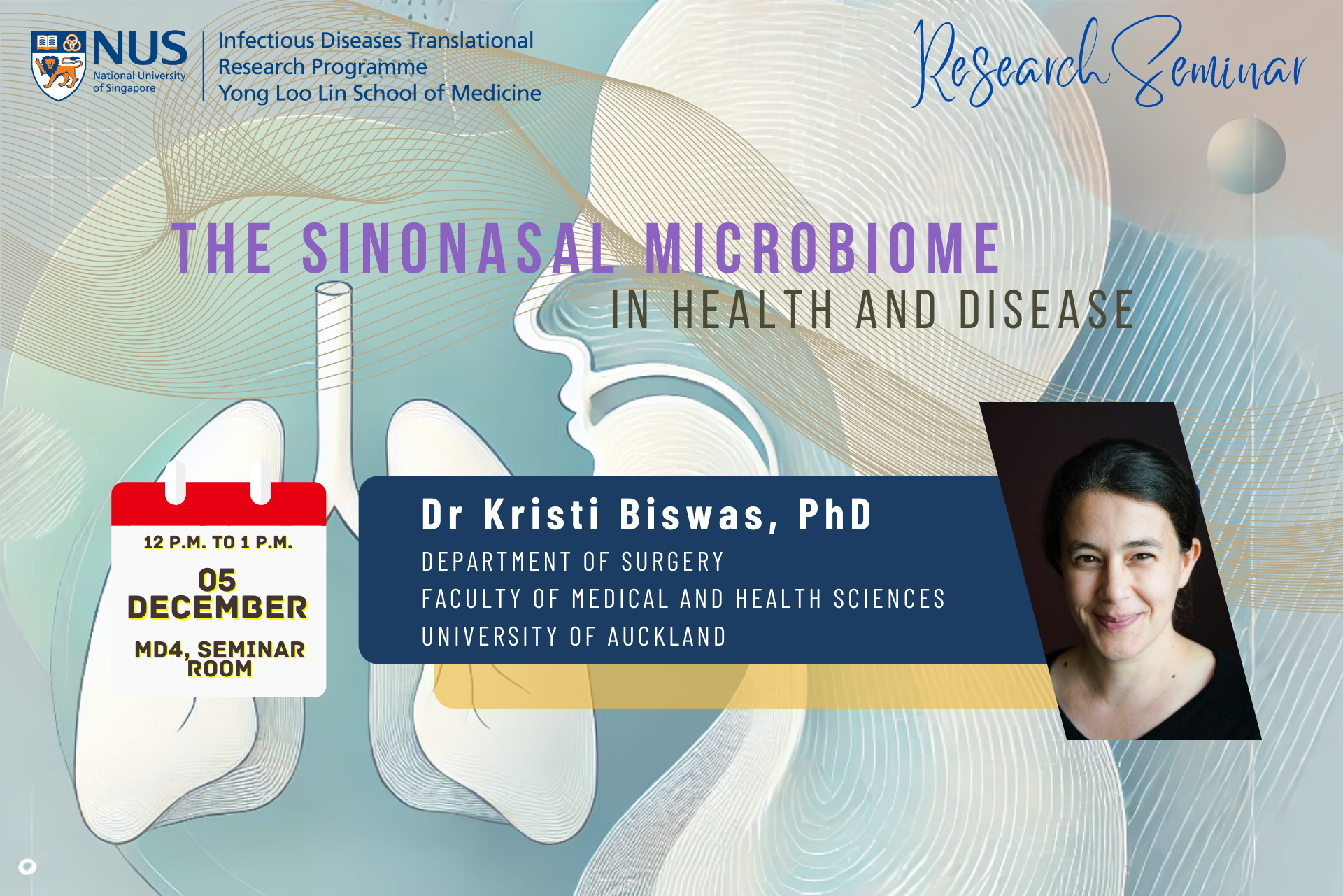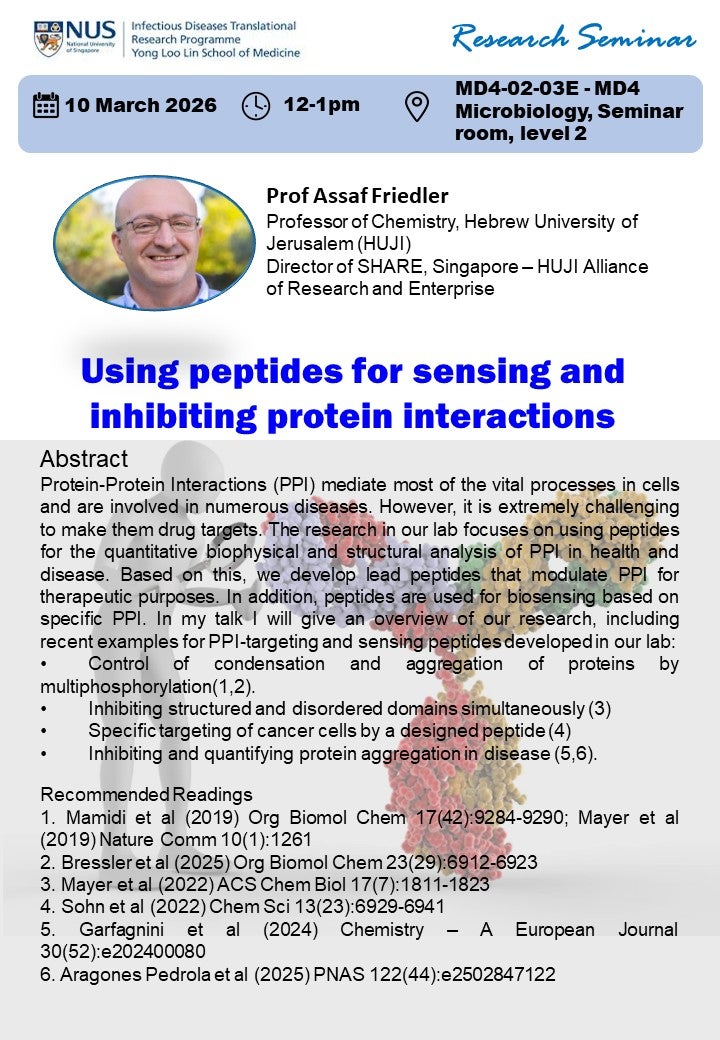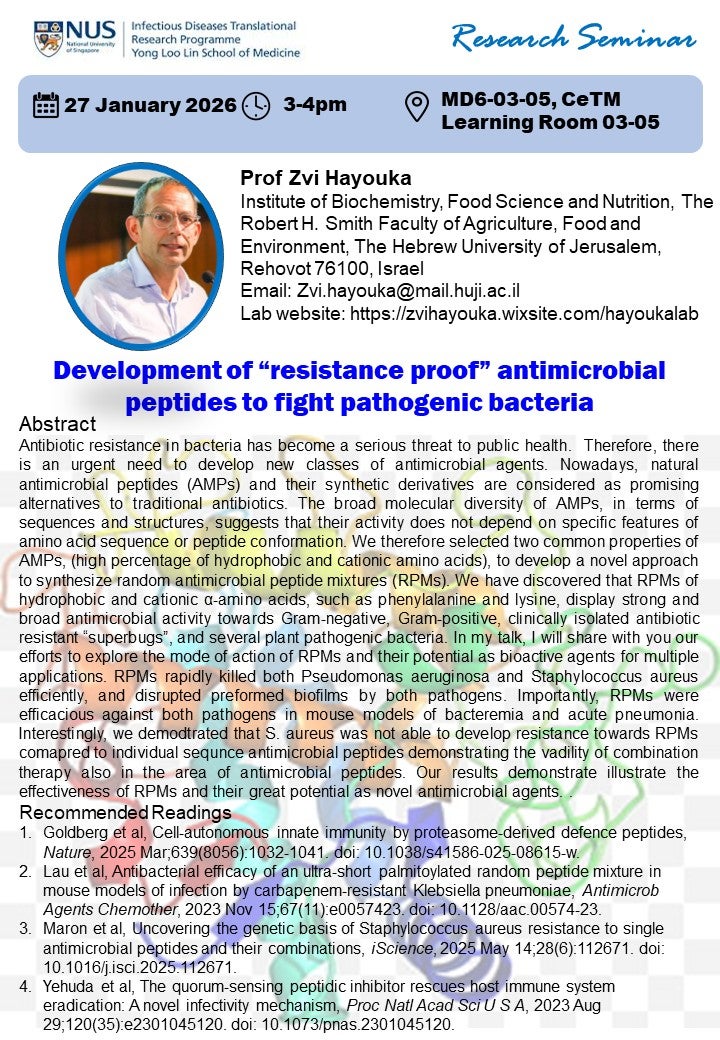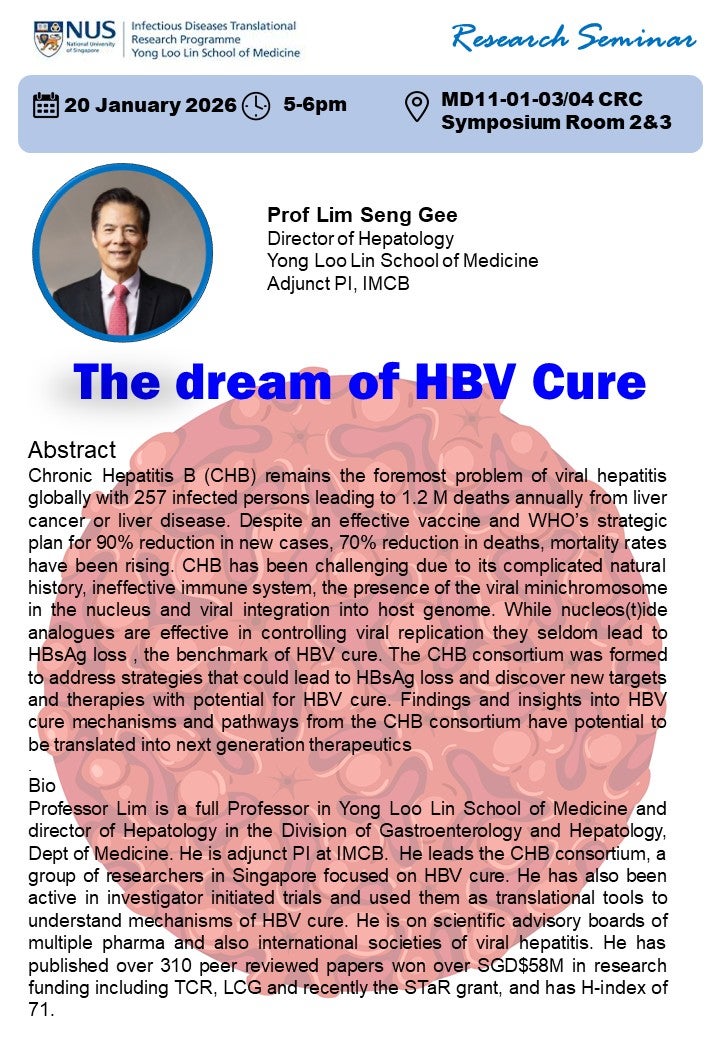Abstract:
Chronic rhinosinusitis affects 10% of the global population. It is characterised by chronic mucosal inflammation of the nasal cavity and paranasal sinuses, and conventional treatments such as corticosteroids and antibiotics have significant failure rates in suppressing inflammation. Although antibiotics are widely prescribed for both acute and chronic rhinosinusitis, many patients are recalcitrant to this therapy. Bacterial biofilms of Staphylococcus aureus and Pseudomonas aeruginosa are thought to play a role in the aetiology of this disease and may be a key contributor to the resistance to oral antimicrobial therapy. In response to this unmet clinical need and the rise of antimicrobial resistance, there is a demand for a novel topical antibiofilm agent. Accordingly, our research investigates the antibiofilm activity and ciliotoxicity of novel antimicrobials that could be used in the treatment of rhinosinusitis.
Biography:
Kristi is a molecular microbiologist with an interest in the interplay between host immune response and associated microbes in upper respiratory diseases. She completed her BSc (Honours) in 2004 from the University of Dundee, UK and her MSc in molecular microbiology from University of Otago, NZ in 2007. In 2014, she received her doctorate in molecular microbiology from University of Auckland, NZ. Kristi is currently a Senior Research Fellow at the Department of Surgery, University of Auckland and was recently appointed to the Executive Committee of the NZ Microbiological Society. She has published over 60 peer-reviewed articles in international rhinology/microbiology journals, and two book chapters.
Kristi’s main research area is chronic rhinosinusitis. While earlier work primarily focused on observational studies of microbial diversity, she recognizes the critical importance of going beyond 16S rRNA gene surveys and seeking to understand the in-situ function of these communities and the mechanisms underlying disease. To this end, she uses cutting-edge analytical tools, including proteomics, metagenomics, transcriptomics and histological approaches, as well as recent laboratory work with biofilm reactors and nasal epithelial cell cultures. A combination of these techniques has been used to elucidate the impact of antimicrobials on the human host and associated microbial communities.










































